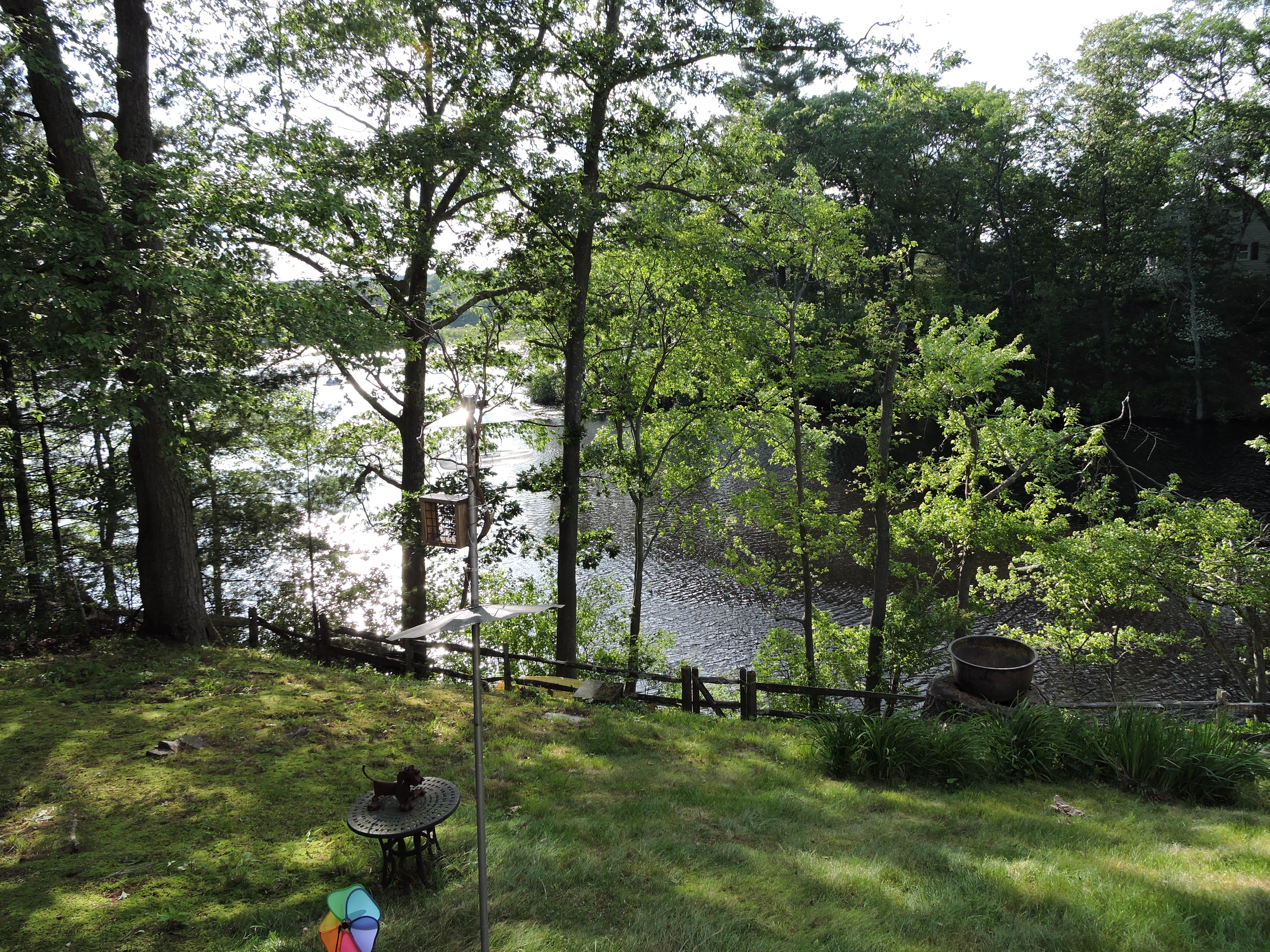The building above is the Potala Palace of the Dalai Lama in Lhasa, Tibet
There are many Myths and Misunderstandings about Maslow and his work These have hindered people for half a century from fully utilizing Maslow’s research and theories for growing and enriching their lives. Maslow Matters will take you on an 18-month journey aimed at accomplishing the following
1 Better Understanding what Maslow has to offer
2 Tapping into your potentials and capacities
3 Becoming Self-Actualizers
4 Recognizing and Enjoying Peak and Plateau Experiences
5 Discovering your Calling and Giving back to the World
6 Recognizing the values that Give Life Meaning
7 Opening to the world of Transcendence
8 Learning the Truth about Love and Happiness
9 Understanding and addressing the role culture and environment play in achieving your potentials
10 Being all that you have the Potential to Be
For many, this journey will sound too good to be true. For them it is. The journey to learn from Maslow will be bumpy. Why? Because most of us do not know how to listen to our inner signals to recognize our potentials, capacities, and deepest needs. Even if we were able to benefit from such a good start on happiness we may find Maslow too challenging of a teacher to help us grow further. For those who seek quick answers to Happiness, my suggestion is to STOP READING THIS BLOG, NOW.
For those who realize the really valuable things take time and effort, READ ON. Maslow Matters can help by addressing the important issues we all face in living a happy and fulfilling life. The information presented will come from the author’s personal experience with Maslow as his teacher, mentor and friend, a thorough review of Maslow’s journals, papers, and lectures, and the application of Maslowian concepts in his own life and with his patients.
WHO WAS ABRAHAM MASLOW
Abraham Maslow (1908 – 1970) is one of the most influential psychologists of the twentieth century. His theories and research impact our work environments, our relationships, our life goals and our understanding of motivation. This impact is usually indirect, and most people do not realize the extent of his presence in our world. If they did they might more readily use him as a resource for achieving life goals and well-being. His work established new paradigms for improving collaboration and satisfaction in such fields as education, work management, finances, city planning, nursing, creative problem solving, and positive psychology.
Despite his significant influence on our world, most people know little about Maslow’s work other than a colorful pyramid topped by the words Self-Actualization!! They do not know what help Maslow could give in living fuller, happier and more satisfying lives. Maslow Matters will provide the tools, developed by Maslow to change that.
WHAT CAN I LEARN FROM MASLOW
Abraham Maslow discovered in his research and explained in his theories that all human beings have core drives, motivations, and aspirations that lead us forward to develop our highest potentials… In his writings, he described the universal search for meaning, fulfillment, happiness, and transcendent experience. He also wrote of the power our culture can have to facilitate, suppress, or redirect our internal drives.
Maslow viewed himself as a theoretical psychologist. He saw his role as pioneering new areas for study, doing preliminary research He wanted to leave to others the tasks of substantiating or refuting he hypothesizes, filling in the gaps in his theories, and providing the roadmaps for others to follow. Maslow investigated many aspects of human behavior including peak experiences, synergy, the hierarchy of needs, self-actualization, well-being, Eupsychian business management, finding one’s calling, interpersonal relationships, meta-values, choosing wisely, and the importance of good fortune.
His focus reflected in his writing was always to try to learn more about human behavior so that he could identify the conditions which would enable people to develop their potentials to the fullest. Besides writing, Maslow in his later years worked with leaders of the Business community to create Maslowian models in the workplace. His goal was to have the greatest positive impact on society.
During his life, he created the foundational theories (motivation, happiness, meta-needs, etc) of humanistic psychology, supported their application in the workplace, even created a conceptual model for a Eupsychian (a healthy psychological place), but someone/ something was left out. Who? If you answered yourself, you are correct. While he painted a wonderful picture of the goal (self-actualization and transcendence), even noted key highway markers (need levels) which must be passed, he never offered a strategy of how to get there other than becoming healthier. In fact, he even said there was no specific strategy to becoming self-actualized.
HOW DO I MAKE SENSE OUT OF MASLOW’S WRITINGS
Thousands and thousands of people continue to read his works many of which are out of print and require searching in used book collections. The continuing popularity of Maslow’s books and Maslow-related books, including the high value placed on out of print editions; speak to the ongoing interest of the general public in understanding and using Maslow’s concepts in their own lives. The books still in print rank as high as 9th place in Amazon’s Bestseller list. Those who read Maslow are searching for the answers to the great questions he posed about life’s meaning and how to achieve the happiness and fulfillment about which he wrote so inspiringly.
Unfortunately, those searching for answers find disparate publications containing collections of lectures that focus on different aspects of Maslow’s research but not the roadmap to lead them to their goal. This roadmap was never completed and metaphorically might be described as a torn document, written in a strange language, with gaping holes, and blank spaces.
When reading Maslow you will discover that he often wrote in an idiosyncratic stream of consciousness style that is hard to understand. And most frustrating of all you will find that Maslow’s work was always evolving so unless you have read almost everything he wrote or spoke you will not know which theories changed, were abandoned or evolved into a new understanding of human nature.
Thus, self-actualization has been a do-it-yourself project. While there is no specific path to follow, Maslow sprinkled his lectures, papers, books, and journals with clues, and went into detail in his seminars. It has always been out there, but you had to know what and where to look. That has been a decade’s long project of mine. And over the course of this blog, I will share with you what I have learned from Maslow. If you are willing to join me on this journey sign up for future blogs. Use what has meaning for you and ignore the rest.




2 comments
Hi Ari, this is a great website! I look forward to diving deeper into the world of Maslow.
Sincerely, Henry
What a wonderful project.
I look forward to taking my time learning more about Maslow and savoring what is offerred in this creative website.
Judy
Comments are closed.